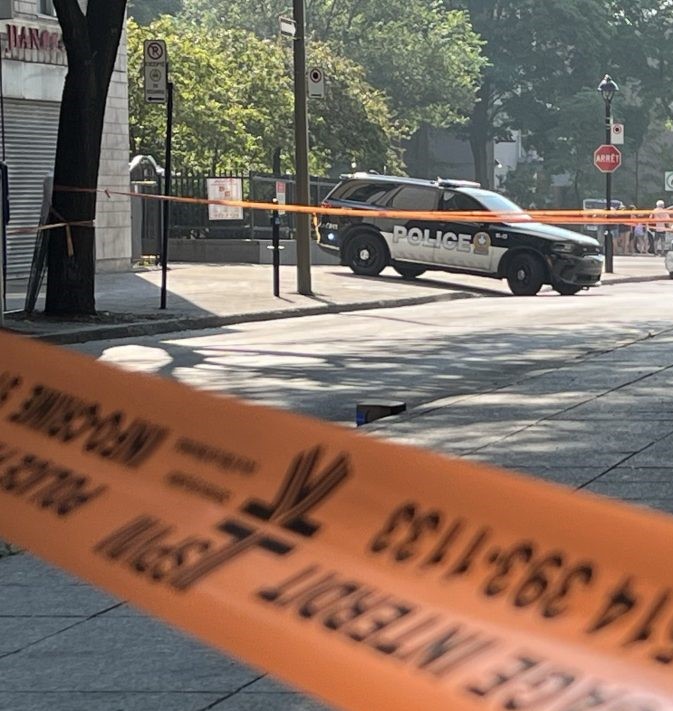A Quebec judge has ruled that Sergio Yanes Preciado, the 23-year-old man accused of attacking a father in Parc-Extension this summer, was not criminally responsible for his actions due to a mental disorder. The decision means Preciado will not face a conventional trial or sentence, but instead will remain under psychiatric care and the supervision of a provincial review board.
The ruling stems from an incident on August 8 at Dickie Moore Park, where a 32-year-old father was spending the afternoon with his two young children. A video that quickly spread on social media showed the victim being sprayed with water, pushed to the ground, and struck several times. The clip also appeared to capture a kippah being thrown toward a splash pad. Police later confirmed the man’s injuries were not life-threatening, but the footage drew wide condemnation and reignited concerns about public safety and antisemitism in the city.
After his arrest, Preciado underwent a 30-day psychiatric evaluation at the Philippe-Pinel Institute, where experts concluded he had been in the midst of a psychotic episode and unable to understand the wrongfulness of his behaviour. The assessment also found no indication that the attack was motivated by hate, noting that his actions were not tied to the victim’s religion.
With those findings in hand, the court declared Preciado not criminally responsible (NCR). In Canadian law, such a decision is distinct from an acquittal. It acknowledges that the act occurred but recognizes that the accused was incapable, at the time, of forming criminal intent. Instead of a sentence, Preciado’s case will now be overseen by Quebec’s Mental Disorders Examination Commission, which will determine the conditions of his detention, treatment, and any future release. For now, he remains hospitalized at Montreal General Hospital and has been ordered to have no contact with the victim or his family.
The assault and the widely shared video provoked strong reactions when they first came to light, with both provincial and federal leaders denouncing the attack. While the ruling has clarified the legal outcome, it leaves open broader questions about mental health, community safety, and how society should respond when violent acts intersect with psychiatric illness.




